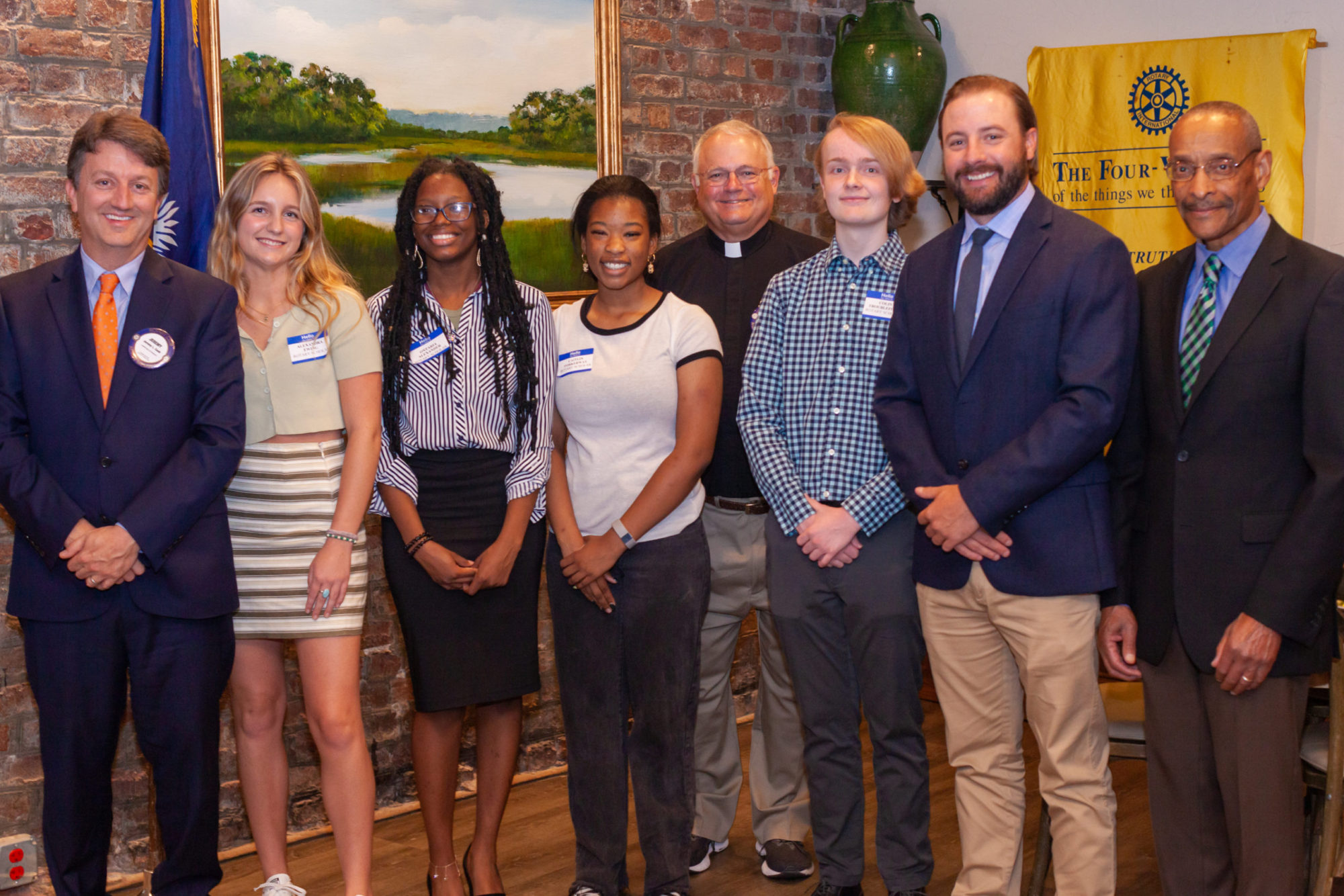“Kick the Carbs in the New Year”
January 19, 2010: Dr. Ann Kulze, a graduate of Clemson University and The Medical University of South Carolina, is a practicing physician, CEO of Just Wellness, LLC, a firm which specializes in teaching others about health and wellness, and a well known author. Creator of the book, “Dr. Ann’s 1-Step Diet”, she believes that people can live right and maintain a permanent appropriate weight, losing weight as needed. Scientific research has concluded that maintaining an appropriate diet is the best way to prevent illness, especially obesity, cardiovascular decease, type 2 diabetes and certain cancers. The pathway to this good health begins with eliminating consumption of “bad carbs” and substituting more food from the “good carb” group. The bad carbohydrates are white flour, white rice, white flour products and sugary sweets. The bad carbs turn into glucose and are digested quickly, tthen they turn to insulin which stores fat and the body’s glucose level is even lower than before eating, triggering even more eating! People actually become hungrier in this vicious cycle, which adds weight, and promotes disease.
Our early ancestors were hunters and gatherers, whose only source of sweets was honey, a substance which was never in great supply; they lived healthier lives. Sugar and sweets, which are such a pronounced part of our diet contain 50% glucose and 50% fructose, something which is new to modern diets. It is found in fruit, but its amount in an apple, for example, is small. The amount ingested in our typical sweet overloaded diet promotes fat in the liver which is a defining step towards heart decease, cancer, diabetes and overall fatigue. Today’s society eats 4 times more fructose than we did 20 years ago, and is a big factor in obesity, which is the trigger of many other deceases. “Good carbs”, which are great for our health include whole wheat bread, brown rice, grains and beans. Beans are a truly super food and should be eaten daily. They are a great nutrient and lower cholesterol.
Fruits and vegetables are the most important, they provide us fiber without excess calories. Among the best of the fruits and vegetables are oranges, a great cancer fighter, and all dark leafy greens such as spinach. Broccoli, cauliflower, berries, grapes and tomatoes are all excellent parts of the right diet.
In the question session, she noted that a glass of wine a day is helpful. She also recommends against sugar substitutes, unless one is diabetic, because they increase your appetite and make you gain weight. And, yes, she herself exercises 45 minutes per day.
Reported by Fred Sales, Keyway Committee

